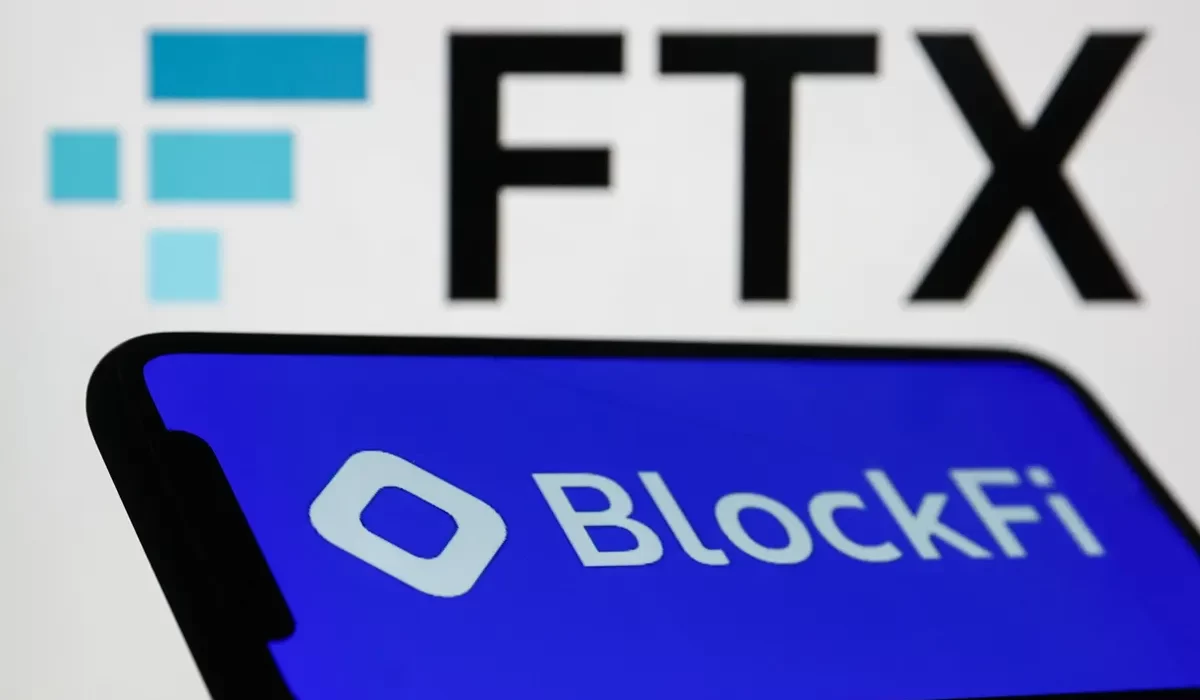In recent court filings, allegations have emerged surrounding BlockFi’s CEO, Zac Prince, and the handling of risk management concerns related to lending assets to Alameda Research. These revelations have shed light on internal discussions and decisions that may have contributed to BlockFi’s subsequent bankruptcy filing, raising questions about the effectiveness of the firm’s risk management practices and their role in its downfall.
According to the court documents, BlockFi’s risk management team had expressed apprehensions about the “high risks” associated with lending assets to Alameda Research. Specifically, the team had highlighted the potential risks if the FTX Token (FTT) were used as collateral for loans that would later need to be liquidated. However, it is alleged that Zac Prince disregarded these concerns and urged the risk team to become comfortable with Alameda’s significant borrowing size.
The court filings further disclosed that as early as August 2021, BlockFi’s risk management team was informed that Alameda’s balance sheet consisted primarily of approximately “7 billion unlocked FTT and 11 billion total including locked tokens based on unaudited financials.” This information raised red flags within BlockFi, but Zac Prince allegedly dismissed the concerns raised by the team.
Following January 2022, BlockFi’s risk management team reportedly stopped issuing memos to Zac Prince about the potential risks associated with lending to Alameda. Instead, discussions shifted to offline meetings and Slack channels. Although the CEO occasionally acknowledged the exposure, it is claimed that he did not take substantial action to mitigate the risks.
BlockFi’s subsequent bankruptcy filing in November 2022 revealed the firm’s “significant exposure” to FTX and its associated entities. BlockFi recalled its loans from Alameda in June 2022, and Alameda repaid its outstanding balance, reducing it to almost zero. However, despite severing ties, BlockFi proceeded to lend Alameda nearly $900 million between July and September 2022, with the loans primarily collateralized by FTT.
The court filing emphasizes that while the downfall of Alameda/FTX may have played a role in BlockFi’s collapse, the lending firm’s demise was primarily rooted in earlier business practices and decisions. Notably, BlockFi’s interconnectedness with FTX became more apparent when FTX US secured a $400 million credit line from the platform in July 2022, further entangling the two companies during a challenging period for the crypto industry.
In response to the court filing, a spokesperson for BlockFi stated that the firm disagreed with the committee’s report and accused them of cherry-picking statements out of context, making errors on other matters, and failing to provide the promised objective analysis.
The allegations against BlockFi’s CEO and the questions raised about the company’s risk management practices preceding its bankruptcy filing highlight the need for a thorough examination and transparency. As the investigation progresses, the implications for the firm and its reputation will continue to be closely monitored. The outcome of this legal battle will undoubtedly shape the narrative around risk management practices in the cryptocurrency industry and may lead to regulatory scrutiny and reforms aimed at preventing similar incidents in the future.
In conclusion, the allegations surrounding BlockFi’s CEO and the questions raised about the company’s risk management practices prior to its bankruptcy filing have sent shockwaves throughout the cryptocurrency industry. As the investigation unfolds, the implications for BlockFi and its reputation remain uncertain.
The court filings have brought to light concerns surrounding the handling of risk management within the company, specifically regarding the lending of assets to Alameda Research. The alleged dismissal of risk management concerns by Zac Prince, coupled with BlockFi’s substantial exposure to FTX and its associated entities, raises important questions about the decision-making processes and oversight within the firm.
The outcome of this legal battle will have far-reaching consequences for both BlockFi and the broader cryptocurrency industry. It has the potential to shape the narrative around risk management practices, investor protection, and regulatory reforms. Market participants and regulators will closely monitor the developments in this case, seeking insights into the impact on risk assessment protocols and the overall stability of the crypto lending ecosystem.
While BlockFi has responded to the court filings, defending its position and accusing the committee of misrepresentation, the investigation is still ongoing. It is imperative for a thorough examination to take place, ensuring transparency, accountability, and objective analysis of the events leading to BlockFi’s bankruptcy.
The implications of this case extend beyond BlockFi, serving as a reminder of the importance of robust risk management practices and the need for continuous evaluation of counterparty exposures in the cryptocurrency industry. The outcome will likely influence regulatory discussions and potentially lead to reforms aimed at safeguarding investors and maintaining the integrity of the market.
As the investigation progresses and more details emerge, it is crucial for market participants to remain vigilant and prioritize risk assessment and mitigation. Investors and industry stakeholders should closely evaluate the risk management practices of lending platforms and exercise caution when engaging in cryptocurrency-related activities.
The BlockFi case serves as a reminder that the crypto industry is still evolving and faces inherent risks. While the industry presents exciting opportunities for innovation and growth, it requires careful oversight and adherence to best practices to ensure its long-term sustainability.
As the legal proceedings continue, the outcome will undoubtedly shape the future of BlockFi and potentially impact the risk management landscape within the cryptocurrency space. It is crucial for all stakeholders to learn from this case, strengthen risk management frameworks, and work towards a more robust and resilient industry that can foster trust, transparency, and sustainable growth.










